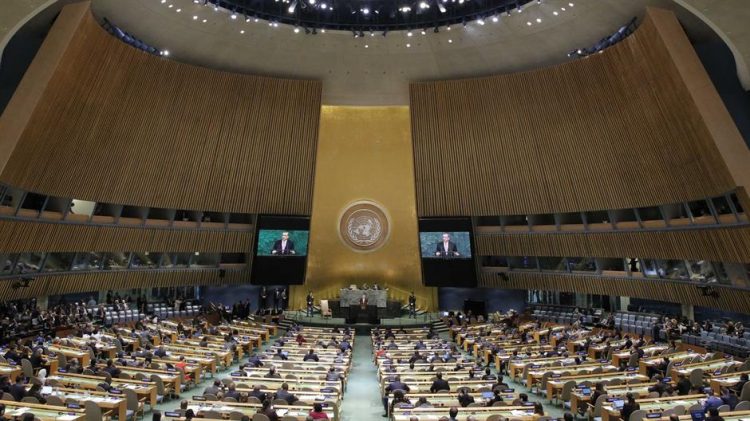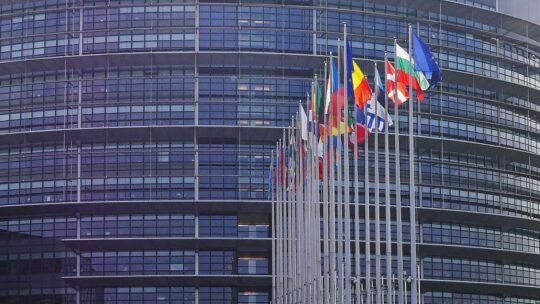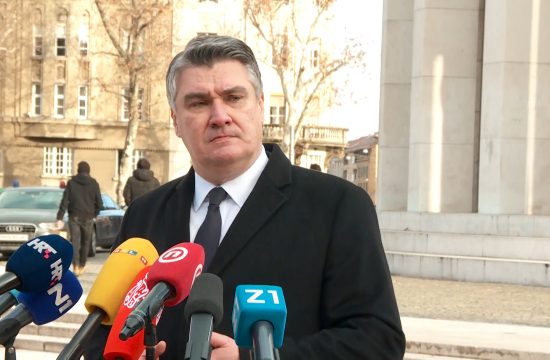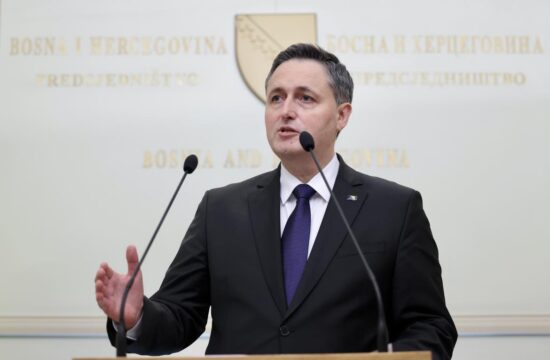
The United Nations Special Adviser on the Prevention of Genocide, Adama Dieng, raised concern at the August 14 decision by the Republika Srpska National Assembly to revoke its endorsement of the 2004 Srebrenica Commission Report, saying its a step backwards and it undermines the rule of law in Bosnia.
“Rejection of the Commission’s findings is a step backwards for Bosnia and Herzegovina. It undermines the rule of law and national and international efforts to achieve justice for victims of crimes committed against people of all ethnicities during the 1992-1995 Bosnian war,” Dieng said. “In addition, given the timing of this decision, it is likely to exacerbate tensions ahead of the 7 October elections and damage prospects for long-term stability and reconciliation.”
The 2004 Srebrenica Report, made by experts commissioned by the government of the Serb-dominated half of Bosnia and which the current President of the region wants to annul, says that between 7,000 and 8,000 Bosniaks disappeared between July 10 and July 19, 1995, describes the behavior of the Bosnian Serb forces and talks about mass graves.
Many of the findings of the Commission have been verified and confirmed by the verdicts of international, domestic, and foreign courts. Two international courts, the International Court of Justice and the International Criminal Tribunal for the former Yugoslavia, have determined that the massacre of Bosnian Muslims in Srebrenica constituted genocide.
During his visit to the Balkans in February 2018, Special Adviser Dieng observed that “It is evident that events of the past are being used for political purposes. Mistrust and outright hostility between political leaders representing different constituencies are preventing any significant progress towards reconciliation.”
Dieng's statement also adds that he raised concern at the rejection of judicial verdicts, glorification of war criminals and their crimes, the appointment of convicted war criminals to public functions and the negative impact that these developments would have on prospects for reconciliation in the country.





